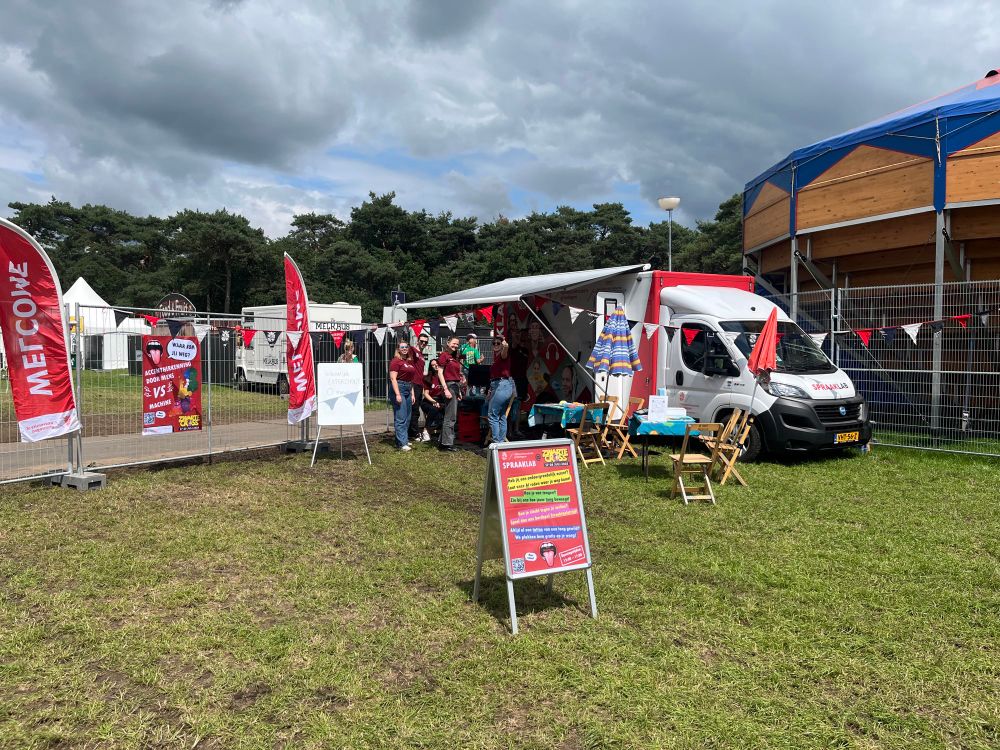
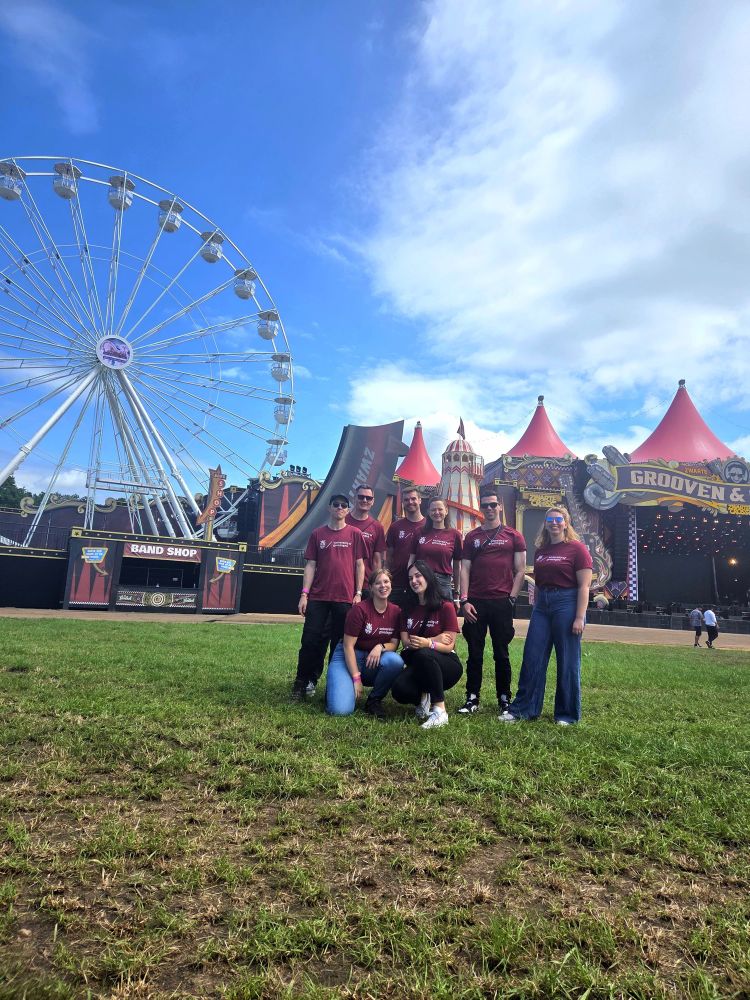
We are excited to share our conference booklet, which includes info about Groningen, venues, detailed program, etc.! The booklet can be accessed here: aqlconference.com/AQL2025_Prog...

More information is always available at aqlconference.com
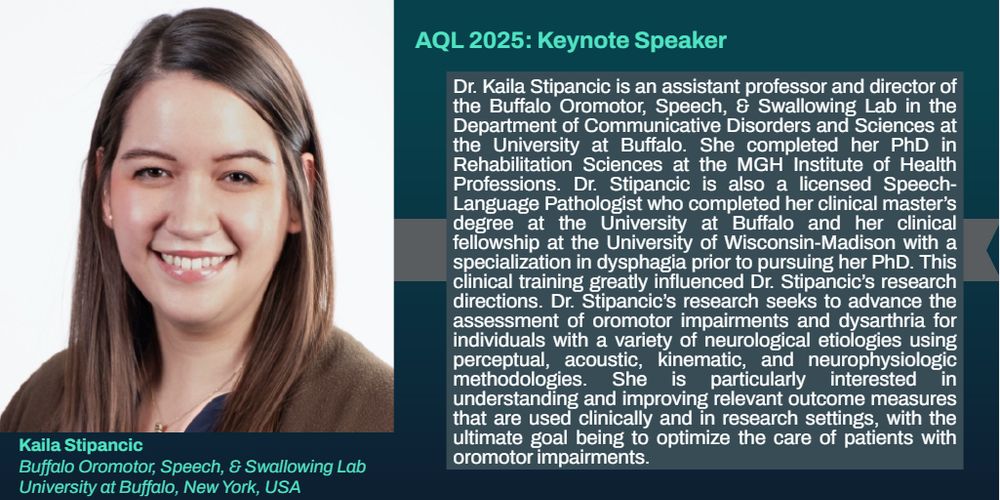
More information is always available at aqlconference.com
More information is always available at aqlconference.com
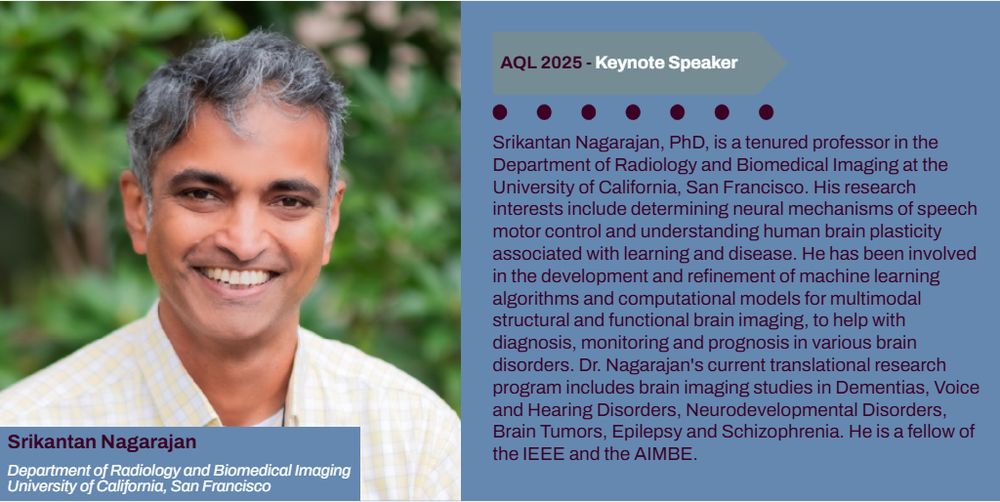
More information is always available at aqlconference.com
⬇️Link to the paper ⬇️:
doi.org/10.1111/1460...
⬇️Quick summary ⬇️:
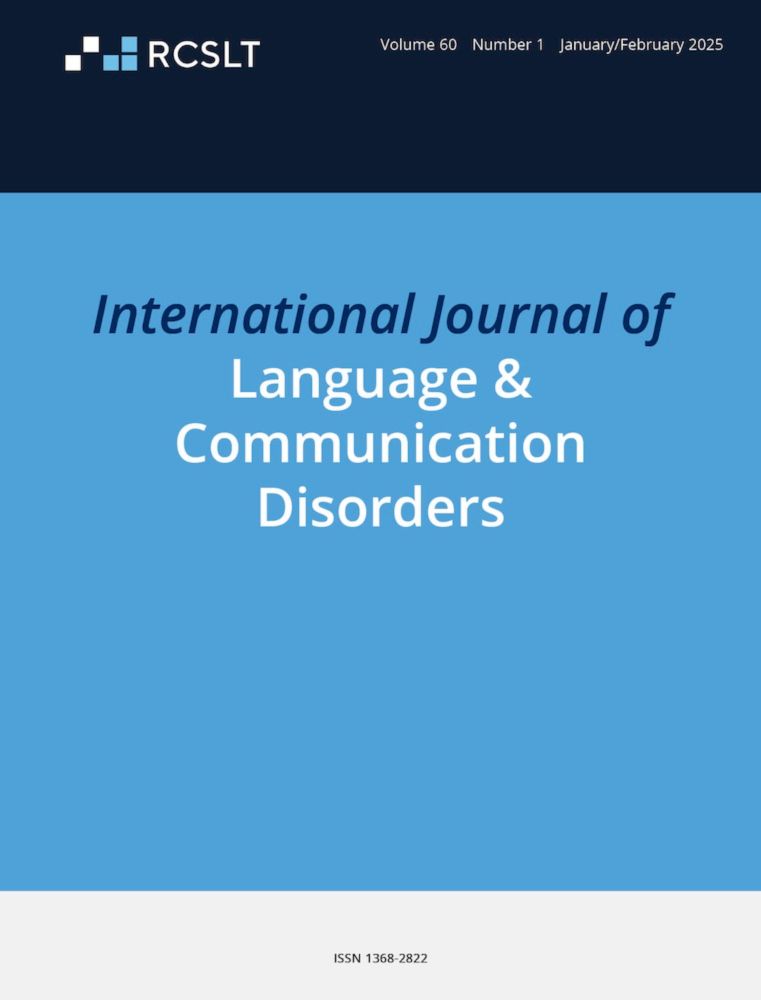
⬇️Link to the paper ⬇️:
doi.org/10.1111/1460...
⬇️Quick summary ⬇️:

